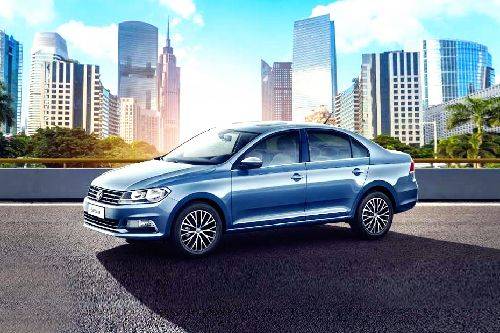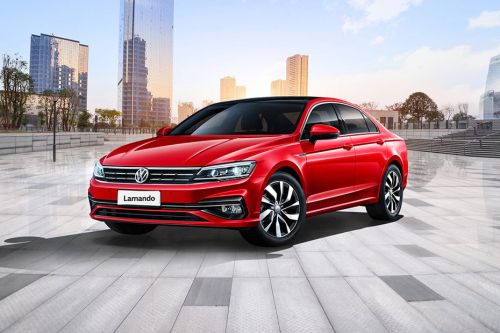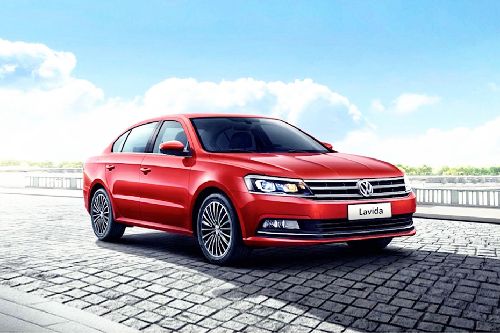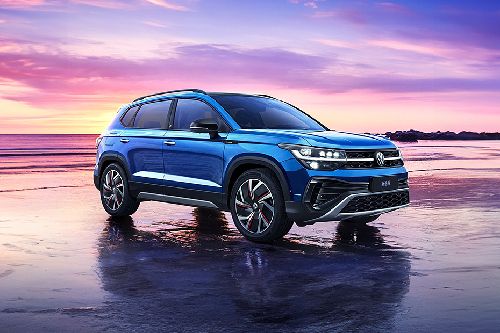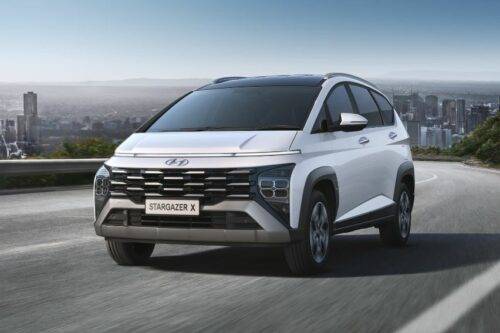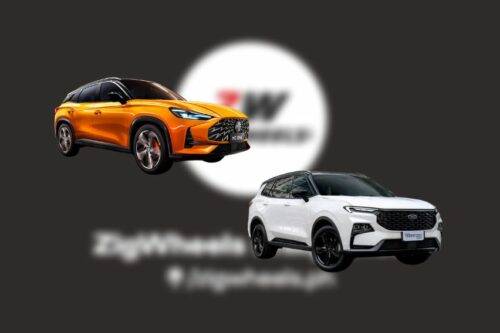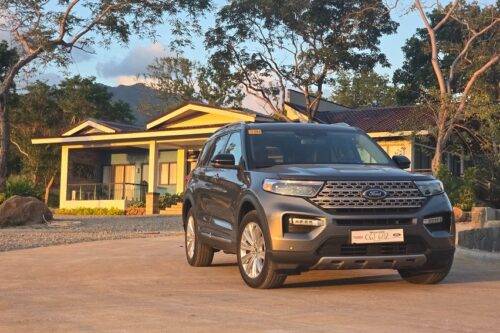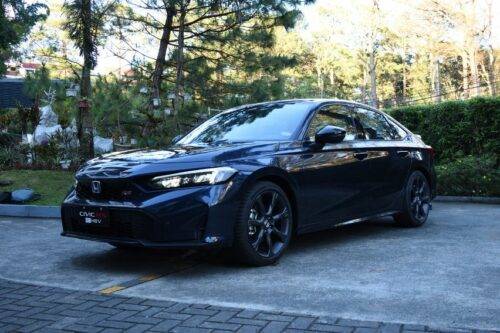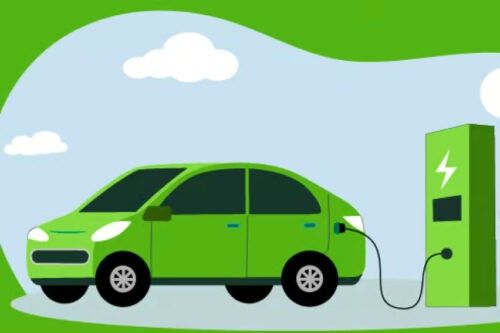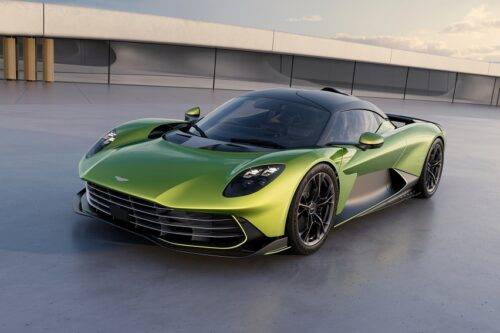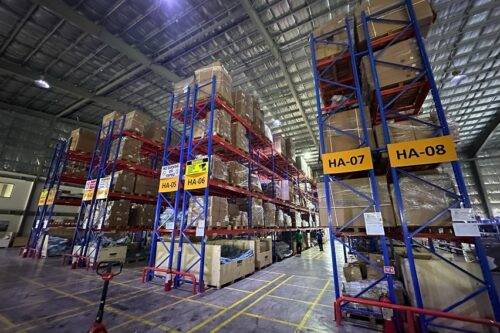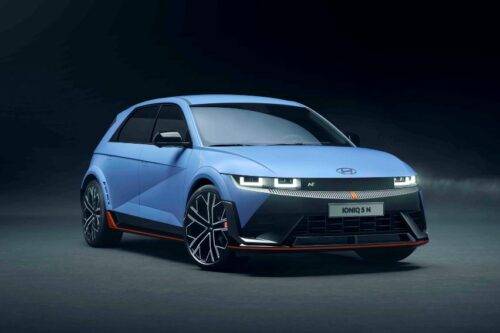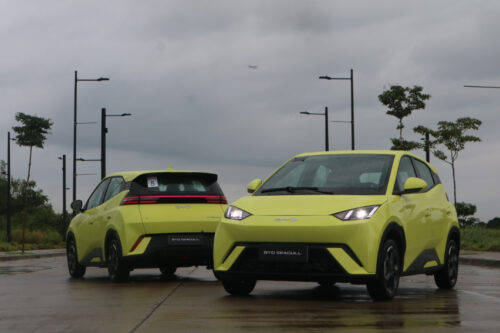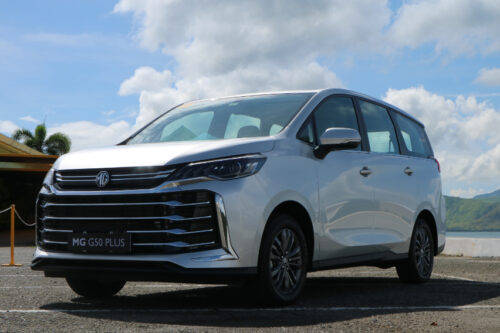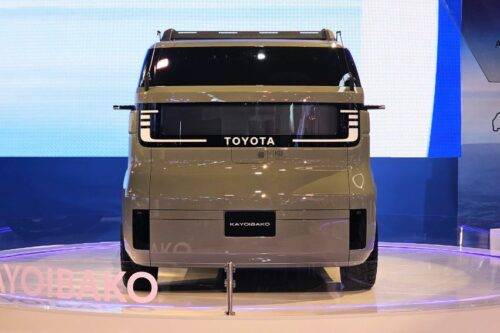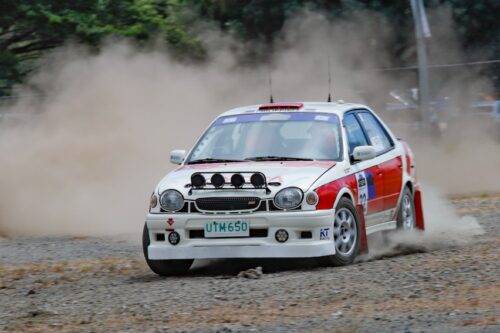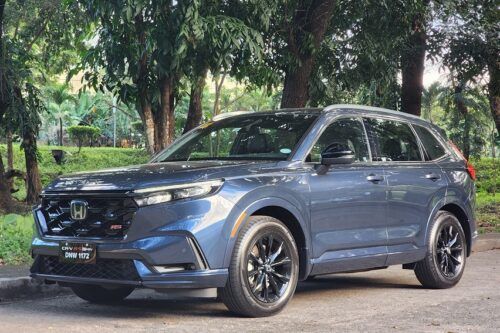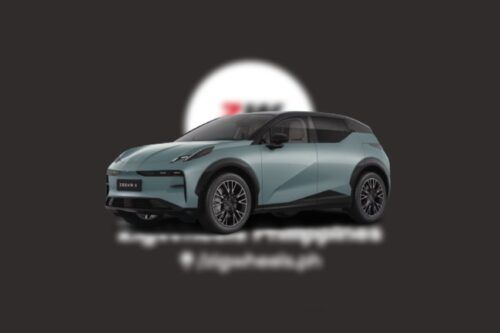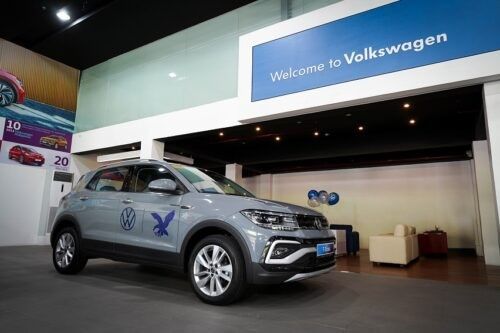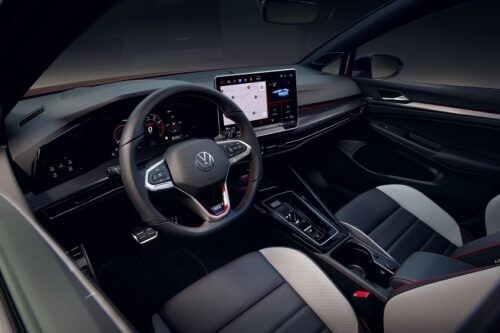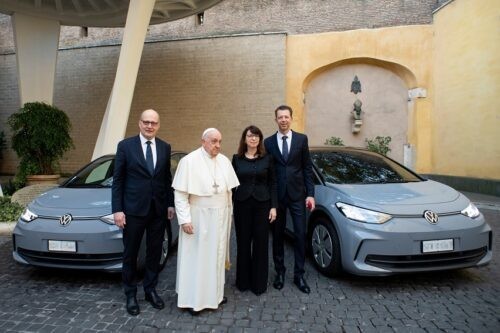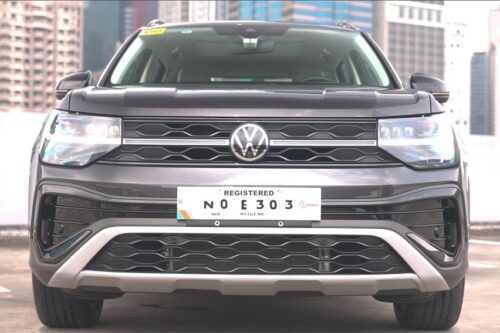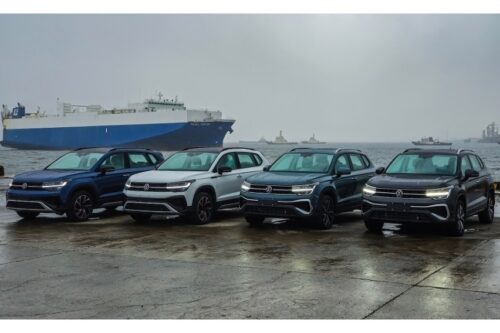Global semiconductor shortage causes 6.3% dip in 2021 Volkswagen sales, but sales revenue climbs

MANILA: The Volkswagen Group demonstrated the strength of its business model in 2021. The company's overall resilience improved, as did its ability to deal with restraints. Overhead costs successfully decreased, capex discipline was upheld, and the breakeven point was reduced.
KEY TAKEAWAYS
What was Volkswagen Group's sales revenue in 2021?
Sales revenue climbed by 12% to €250.2 billion.What were the key factors in the growth of sales revenue and operating profit of the Volkswagen Group in 2021?
VW said it was a result of a better mix and attractive pricing.At the same time, Volkswagen pushed its transition to New Auto. Despite major challenges from semiconductor shortages, which resulted in a massive drop in vehicle sales, a solid profit was obtained. Although there was a 6% decline in sales volume from the previous year, sales revenue climbed by 12% to €250.2 billion. In comparison to 2020, operating profit before special items nearly doubled, reaching a strong level of €20.0 billion. In addition, the operating return on sales before special items increased to 8% from 4.8% the previous year. An improved balance and attractive pricing were key to this financial achievement.
The Automotive Division gained notable net cash flow of €8.6 billion, up 35% from the previous year. The Automotive Division's net liquidity, which was €26.7 billion at the end of 2020, remained almost unchanged. This represents an increase of more than €5 billion since the end of 2019, despite the several transformational actions made in this span, including the acquisition of Navistar.
The Board of Management and Supervisory Board proposed a dividend of €7.50 per ordinary share and €7.56 per preferred share, representing a 56% increase over the previous year's dividends of €4.80 and €4.86, respectively. This is equivalent to a 25.4% payout ratio. Profit per ordinary share was €9.59, while profit per preferred share was €29.65.
In a statement, Volkswagen Group Chief Financial Officer Arno Antlitz said, “Over the past two years, we have learned to better mitigate the impact of crises on our company. I am confident that we will make the best possible use of these experiences to stay on track in these difficult times. In 2021 we enhanced our overall robustness by achieving better margins, reducing overhead costs, lowering our break-even and keeping capex discipline. Our rewards were solid results and cash flows. At the same time, we made no compromise when it comes to future investments and moved ahead in becoming a sustainable, software-driven mobility provider.”
Because of global semiconductor shortages, Volkswagen Group vehicle sales fell 6.3% to 8.6 million in 2021. The successful e-offensive, on the other hand, continued to gain traction, with global deliveries of battery-electric vehicles (BEVs) nearly doubling to 452,900 units. Volkswagen became the European market leader for BEVs, with a market share of around 25%, and ranks second in the major US market, with a market share of around 7.5%. In China, 92,700 BEV units were sold, more than four times the figure for 2020.
Despite selling 2.4 million fewer vehicles than in 2019, the Volkswagen Group made a healthy profit and margin. Earnings before taxes climbed by 72.5% to €20.1 billion. The return on sales before taxes was 8%. After-tax earnings increased by 74.8% to EUR 15.4 billion.
Given the adverse market conditions, the Volkswagen Group estimates a 5% to 10% increase in customer deliveries in 2022 compared to the previous year. This is based on the assumption that the COVID-19 pandemic would not resurface, and that shortages of essential products and commodities will ease. Shortages in supply will continue to hamper the fiscal year 2022 due to a structural shortage of semiconductors. In comparison to the first half of the year, semiconductor supply is expected to increase in the second half.
The Volkswagen Group anticipates an increase in sales revenue of 8% to 13% over the previous year. In terms of the Group's operating performance, an operating return on sales in the range of 7% to 8.5% is expected in 2022.
The R&D ratio in the Automotive Division this year is predicted to be approximately 7%, and the capex-to-sales-revenue ratio would be around 5.5%. The company expects cash outflows from diesel to increase this year, while mergers and acquisitions will remain flat compared to the previous year. The net cash flow is projected to be in the same range as the previous year, excluding any cash outflows related to the EU antitrust proceedings against Scania. The Automotive Division's net liquidity is expected to be up to 15% greater in 2022 than the previous year. The return on investment (ROI) is estimated to be in the range of 12% to 15%.
This guidance, however, is dependent on the outcome of the conflict in Ukraine, particularly the impact on the Volkswagen Group's supply chains and the global economy as a whole. There is a possibility that the current events in the Ukraine war will have a negative impact on the company at the time of composing this outlook.
Photo from Volkswagen Group
Also read: Ford strengthens e-mobility partnership with Volkswagen with use of MEB platform
Sell your car at the best price
 Verified and genuine buyers
Verified and genuine buyers
Volkswagen Car Models
PIMS 2024
Trending & Fresh Updates
- Latest
- Popular
You might also be interested in
- News
- Featured Stories
Volkswagen Featured Cars
- Popular
Latest Volkswagen Car Videos on Zigwheels

Volkswagen Car Articles From Carmudi
- journal

